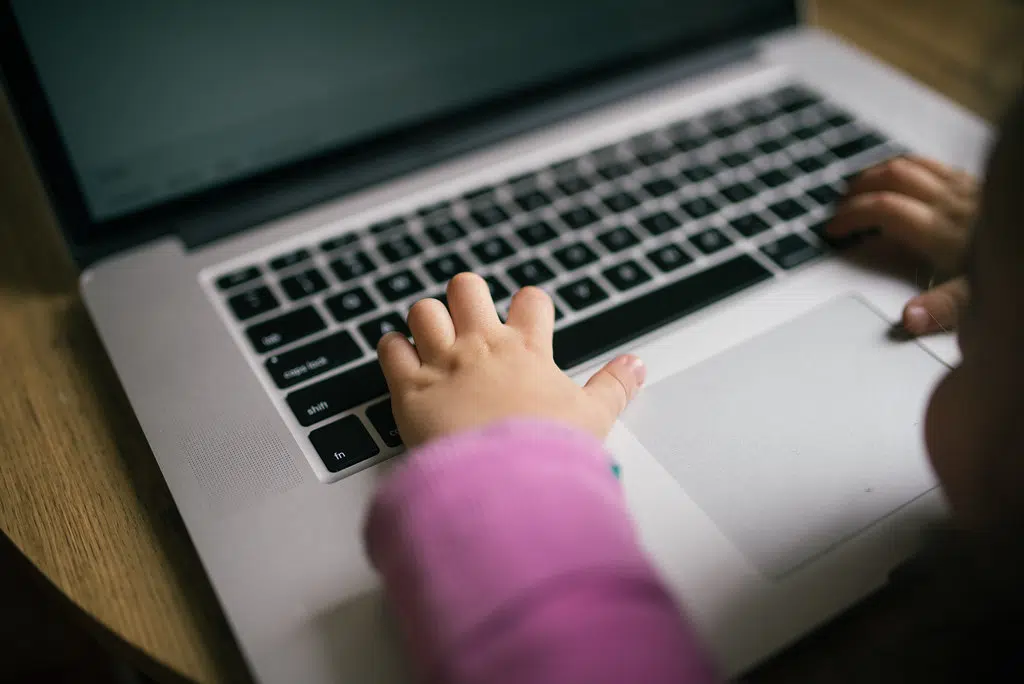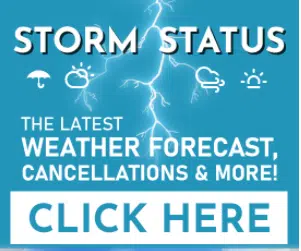Students in Nova Scotia will learn from home for one week.
Learning centres will remain open and in-person learning will resume on January 17.
Premier Tim Houston says the government will use the time to focus on improving ventilation in schools, acquire rapid tests, get better masks and improve communication. He believes the extra time will ultimately strengthen public confidence in the school system.
The province’s decision to revert to online learning comes as New Brunswick, PEI and Newfoundland pushed back the return to class after the holidays as the Omicron COVID wave rapidly spreads.
“We have heard concerns from families and staff about a return to in-person learning,” said Education Minister Becky Druhan. “By moving to at-home learning for one week, we can take the steps necessary to build confidence by purchasing HEPA filtration systems for schools and classrooms with passive ventilation systems, and by ensuring a good supply of 3-ply masks for all children and staff, including medical masks for staff. Our goal is to provide more comfort and confidence to staff and students as we continue to live with COVID.”
Schools will follow public health guidance regarding testing, isolation and case management and more information on enhanced public health measures in schools, including reporting of student and staff illness, will be shared with families next week.
During at-home learning, students who are in emergency need of food can call 211 for assistance from Feed Nova Scotia.
Hospitalizations, new cases and isolation period
There are now 45 people in hospital related to COVID-19 with eight in intensive care. Their ages range from 26 to 98 years old, and the average age is 70. Of the 45 in hospital, 40 were admitted during the Omicron wave.
Of those in hospital:
- Five (11.1 per cent) have had a third dose of COVID-19 vaccine.
- 24 (53.3 per cent) have two doses.
- Two (4.4 per cent) are partially vaccinated.
- 14 (31.1 per cent) are unvaccinated.
Nova Scotia reported 842 new cases on Wednesday, with 498 cases in the Halifax region, 141 cases in eastern zone, 121 cases in western zone and 82 cases in northern zone.
“The very high level of our vaccine coverage is what is keeping us as safe as we are right now. I don’t even want to think about what Omicron might look like if we didn’t have vaccination,” – Dr. Robert Strang.
The isolation period if you test positive for COVID is being reduced if you are over 11 years-old and fully vaccinated. It will now be seven days for anyone falling within this category.
If you are partially vaccinated or unvaccinated the isolation period is 10 days.
These new measures take effect on Friday at 6 a.m.
Changes to Isolation Requirements for Close Contacts
If a fully vaccinated person or child who is 11 or younger is identified as a close contact of a positive case:
– they should get tested 72 hours after exposure and watch for symptoms
– if they take a PCR test, no further testing is needed unless they develop symptoms
– if they take a rapid test, they should do a second rapid test 48 hours after the first.
Until they get their first negative test result, they should:
— stay at home except to go to school, work or child care
— work from home as much as possible
— practise physical distancing when at work or school, including while eating or drinking
— wear a properly fitted, three-layer mask
— only do essential activities such as getting groceries or prescriptions if there is nobody else who can do it for them.
For all others, including immunocompromised people who haven’t had a booster:
— they must immediately isolate for seven days
— they can leave isolation after two negative rapid tests done on Day 6 and Day 8 or after one negative PCR test done on Day 6 or 7
— if symptoms develop, they must remain isolated and get tested.
Isolating in Household
If someone with COVID-19 can isolate completely separately from the rest of their household, then other members of the household follow the direction for close contacts. However, if the person cannot isolate completely separately, then other members of the household must isolate along with them for the duration of their isolation – regardless of their vaccination status – and should be tested on Day 3 or 4 and again on the last day of isolation. They can leave isolation if the last test is negative.
Restrictions extended, but nothing new added
Restrictions that took effect on December 22 were set to expire on January 12 but will now continue until January 31. That means social distancing, masking and gathering limits will continue until the end of the month.
The province is urging long-term care facilities close to most visitors for two weeks while a paid sick leave program will launch on Monday.
It will be retroactive to December 20.









